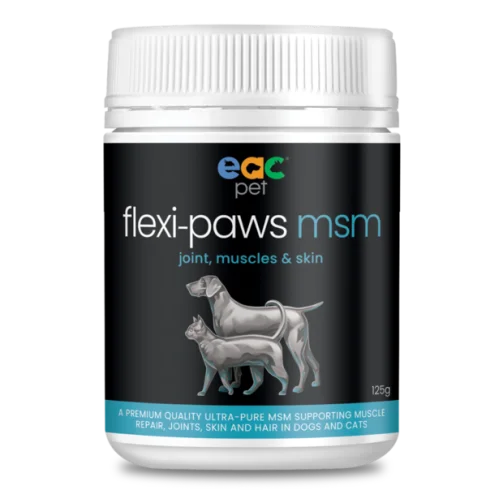Due to their large size and long and often physically demanding lives, horses put a lot of stress and strain on their joints. It's not surprising that joint supplements are one of the most common health support products that owners add to their horses' feeds. There is a huge range of joint supplements available containing a variety of different ingredients and choosing the right one is not an easy task.
Why is choosing the right joint supplement important?
Joint supplements are used to:
- Reduce inflammation
- Increase the production of collagen and other essential proteins in joints
- Improve the composition of joint fluid
- Slow down the enzymes that break down cartilage
An effective joint supplement should contain ingredients that have been scientifically proven to produce these effects in horses' joints. The downside of this is that the length of time taken and the huge cost of testing joint supplements in horses means that there are very few studies done in this area.
Some products contain substances that have been shown beneficial effects in other species but have not been tested in horses. Even more concerning are joint supplements that do not contain high enough concentrations of active ingredients, thus making them virtually useless.
So how do you know which active ingredients have been tested in horses and which ones have been shown to be effective? Here's a summary of some common joint supplement ingredients and how they work.
Glucosamine
Glucosamine is vital for the production of hyaluronic acid and chondroitin sulphate which are components of joint fluid and cartilage. It accumulates in inflamed joints where it reduces inflammation and protects cartilage. There is scientific evidence to support the use of glucosamine and it is a very safe substance for long term use. The recommended dose rate is 10g per 500 kg.
MSM
MSM is used in joint supplements because it contains sulphur which is used to make collagen. Glucosamine requires sulphur to be metabolised into a glycosaminoglycan - an essential building block of joint cartilage. The sulphur containing amino acid, cysteine, is abundant in the proteins that form joints, ligaments, tendons and hooves.
Omega 3 Fatty Acids
Omega 3 Fatty Acids have been shown to have anti-inflammatory properties in contrast to Omega 6 which promotes inflammation. Omega fatty acids form part of the membrane of every cell in the body and, because horses can't manufacture them in their bodies, they must get them from their diet. Pasture is much higher in Omega 3 fatty acids than omega 6 fatty acids whereas cereal grains are the opposite. It makes sense to provide horses with sufficient levels of omega 3 fatty acids in their diet to keep the omega 3:6 ratio as close to that in pasture as possible. The richest plant based source of omega 3 fatty acids is flaxseed (linseed) oil and it contains approximately 3 times as much omega 3 as omega 6.
Hyaluronic acid
Hyaluronic acid occurs naturally in joint fluid and is one of the molecules that "lubricates" joints so they can move without friction. Research has shown that the levels of hyaluronic acid decrease in injured joints leading to increased friction and damage to cartilage. Supplementation with hyaluronic acid, therefore, helps reduce inflammation and protect cartilage, particularly in injured joints.
Turmeric
Turmeric has been used in herbal medicine for many years and one of its active constituents, curcumin, is a proven anti-inflammatory. A small number of studies in horses have shown that Turmeric decreases inflammatory mediators in horses and improves mobility in horses with osteoarthritis.
Rosehips
Rosehips are also used extensively in herbal medicine for a variety of health conditions. Studies have shown that a particular substance in rose hips called a galactolipid stops white blood cells from congregating in inflamed joints which reduces inflammation and protects cartilage. Rosehips are also rich in Vitamin C - a powerful antioxidant.
Hydrolysed Collagen Peptides
Collagen is essential for the formation of the connective tissue which supports joints and cartilage which covers the ends of bones within joints. Hydrolysed collagen is collagen that has been broken down into smaller pieces that are able to be absorbed from the digestive tract. Research has shown that supplementing the diet of horses suffering from arthritis with hydrolysed collagen peptides significantly decreased pain and increased mobility.
